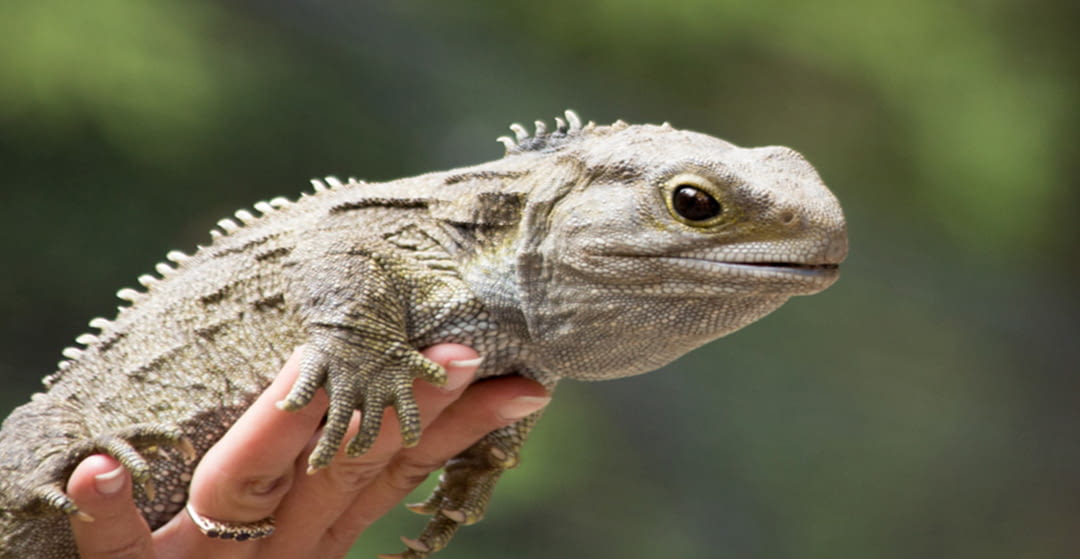
If you're one who has opted for a store aimed at exotic animals or if you have a section of your business dedicated to them, you'll obviously know these basic tips.
But, if in your establishment you sell some other product to have the offer and you do not know in depth the essential guidelines of these pets here are the main guidelines that you should indicate to a customer who is curious to have an exotic animal as a pet and asks you for advice.
The first fundamental factor is that legal requirements are needed to have a certain exotic animal as a pet. Many are classified as potentially dangerous, which requires special documentation... and, beware, many species cannot be kept as pets legally.
Exotic animals can be very attractive pets, fascinating companions, but before adopting one you have to see if it will be able to be kept in optimal conditions.
Many future owners of exotic animals (and many who already are...) do not have enough knowledge to care for the pet. This ends up leading to situations in which the animal suffers the consequences of inadequate housing, management that does not respect its natural behavior, feeding with serious deficiencies, etc. and that can also lead to a danger to the owner, his family and the environment.
Apart from the problems that the animal can suffer for not having the appropriate attention, receiving a bite, a scratch or a poisonous bite, ending up introducing an invasive species into an ecosystem in which it can be very dangerous or even contribute to the illegal trafficking of species are consequences of an unresponsible possession of exotic pets.
When asked by a client who wants to know if they can adopt or acquire this or that reptile, bird, spider, insect, etc., it is convenient to consult the European regulations and those of your country, which explain which animals can be bought and which ones cannot. , what documentation must accompany the pet and must the owner have, etc.

A python (python regius) albina is a very attractive animal for some owners, but nothing easy to maintain.
IMPORTANT DETAILS TO KEEP IN MIND FOR FUTURE OWNERS OF EXOTIC ANIMALS.
- The size of the animal must be taken into account when it reaches adulthood. Pets that may seem "very cute" when small can grow to excessive sizes for a house (or terrarium): a green iguana can reach 2 meters in length, an adult Vietnamese pig usually weighs between 100 and 150 kg, a Burmese python will measure up to 5 meters...…
- Exotic animals are not domestic animals and their behavior is typical of wild animals. Many do not tolerate the handling well or may even be dangerous for owners and their families.
- Feeding exotic animals is not easy. Problems resulting from inadequate feeding are very common in the visits of these pets to the veterinarian: parrots that only eat seeds, reptiles with severe bone malformations due to lack of calcium in the diet... On the other hand, it is possible that what the much-desired exotic pet needs to eat is complicated to get. Is the owner willing to provide it every day of his life?
-Adequate accommodation must be provided. What size should the terrarium or cage be where the animal is kept? What temperature? What humidity? Will we have to introduce hangers at different heights, special lands, rocks, a UV lamp…? Accommodation that does not respect the welfare conditions of the exotic pet will harm its welfare and health.
- Have you taken into account the expense that your pet will cause? A pet, exotic or not, represents a series of expenses that must be foreseen: specific food, veterinary reviews and attentions or material for your accommodation, among others.How much will that mean per month? Unfortunately, during the years of economic crisis one of the most common reasons for the abandonment of pet animals has been the economic impossibility of maintaining them.
-Will the pet have access to specialized veterinary care? Not all veterinarians know about exotic animals. Rather, there are few specialized in birds, reptiles or other even less common pets. The new owner needs to know where he will have a qualified professional who can provide the appropriate health care to his animal whenever he needs it.

An adult Vietnamese pig can weigh between 100 and 150 kg... beware of their captivating appearance when they are small!



